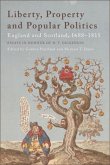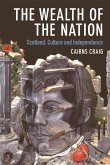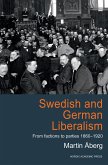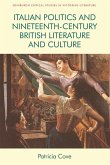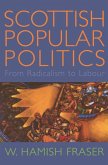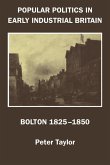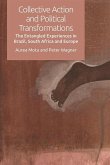This book presents a distinctive reading of inter-war Scottish politics, reinterpreting the consequences of the expanded electorate after 1918 by focusing on changing perceptions of the radical political culture of urban Scotland. It re-evaluates the factors behind the decline of the Scottish radical left in the inter-war years, demonstrating the role of changing conceptions of political representation, and explores the extent to which national party loyalties replaced local class identities. Drawing upon a range of untapped sources including local newspapers, cartoons, and contemporary accounts of demonstrations, the book illuminates the political perspectives of ordinary Scots in an age of mass democracy.
Dieser Download kann aus rechtlichen Gründen nur mit Rechnungsadresse in A, B, BG, CY, CZ, D, DK, EW, E, FIN, F, GR, HR, H, IRL, I, LT, L, LR, M, NL, PL, P, R, S, SLO, SK ausgeliefert werden.



